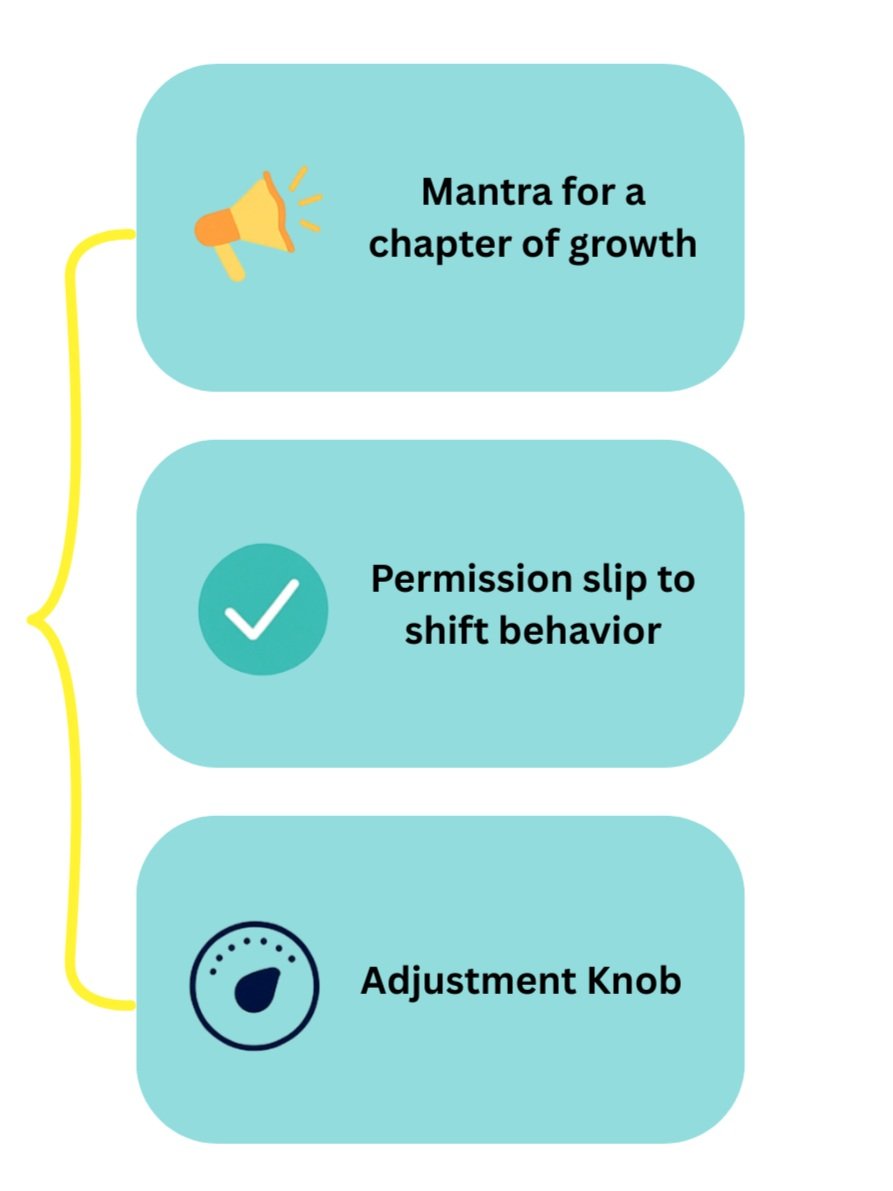The Three Cases of Vanessa Finch
Translation is one of the most essential resources that we can offer a company.
One of our companies has three employees named Vanessa Finch.
Okay that’s not exactly true, although it be awesome if that were the case, not to mention hilarious. It turns out that this company has one Vanessa Finch. However, on the company‘s payroll reports, she is listed as M. Vanessa Finch; on the company‘s performance evaluations, she is listed as Vanessa Finch, and on the companies demographic information she is listed as Vanesa Finch, so her name is just straight up misspelled. And thus begins the story of the three Vanessa Finches.
This is just an anecdote, but it is really useful because it gives us insight into just how difficult it is for companies to store, keep, and track data.
Poor Vanessa Finch.
This situation is bad for both Vanessa and for the company. Let me explain.
When we find out that a company’s data can’t talk with itself, we know by definition that the company is not getting any horizontal value from its data.
When we find out that the company’s data can’t talk with itself, we know by definition that the company is not getting any horizontal value from its data. So one of two things is happening: either Vanessa Finch’s serious characteristics — her compensation, her performance, her demographics — are not being considered at all when the company makes decisions, or, worse, being considered but only on an individualized level by individual people who are making biased judgments about whether or not Vanessa Finch, or Vanesa Finch, or whatever you want to call her, is doing well, deserves more money, a raise, and deserves a bonus. They’re clearly not doing this with context. How can they? What they should be doing is allowing a computer to dispassionately tell them information about how Vanessa Finch is doing and where she’s headed.
Employees deserve so much and have so many options to choose from, they won’t subject themselves to a situation where a company has incomplete data.
The problem is that in the world that we’re living in, we are focused on the employee experience and making sure that we’re taking care of every employee that we can’t afford to leave anybody behind. Employees deserve so much and have so many options to choose from, they won’t subject themselves to a situation where a company has incomplete data. Companies can’t afford to have employees that they don’t get the most out of.
We see it all the time. An employee, who is truly a great employee, leaves a job for stupid reasons. They deserve a few thousand more, they got passed over for promotion, or they found out that the person sitting next to them makes more than they do. All of these things are preventable, but only if a company put itself in a position to have data that’s valuable, correct, and has the capability to talk to itself.
One of the challenges, however, is that no one has time to go through all of your data and make sure that it talks to itself. Who has time to correct Vanessa Finch is on every form? Nobody. So at Holistic, we’ve developed a translator that sits on the backend of our system that allows us to identify, translate, connect, and permanently solidify the relationships of the information that the company has. This is useful in two areas.
First, we have completely solved the Vanessa Finch problem. It doesn’t matter where there are deficiencies in your data, we will find them, and we will correct them.
By being able to translate information and have it talk to itself and other files, we open up access to a ton of information that you already have, but aren't using.
It is really criminal to ask somebody for information and then not use it, to ask them how they feel and not react to it, to collect data about them and to not employ it. We solve this problem by installing a translation tool so that these documents can talk with one another and we can ensure that Vanessa Finch is having her viewpoints in her life represented across the organization. That is very valuable.
The second outcome of our process is even more impactful. We can now open up new lines of analysis that were never available before. We can corroborate stories or disprove them. We no longer need to rely on one set of data in isolation to be able to understand what's happening. We can rather look at information from a variety of different sources and unlock the potential of what happens when you bring together those different sources of information.
Moreover, we can do this across organizations. We can compare your experience with somebody in a similar role in a similar organization, or in a different role in a different organization. We can give you a real sense of context and opportunity.
All of this comes from being able to stitch together disparate sources of information and the fundamental nature of that is being able to understand that Vanessa Finch is always going to be Vanessa Finch and that it's important to meet her there.











